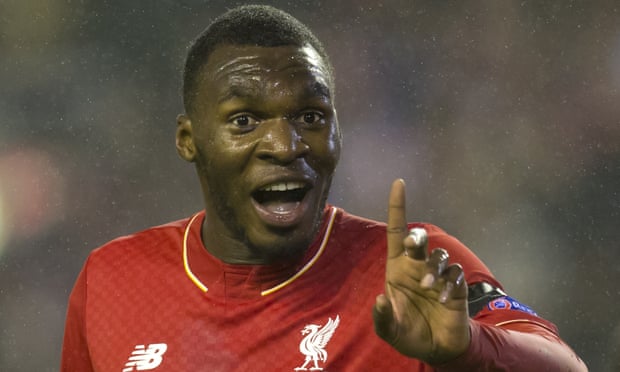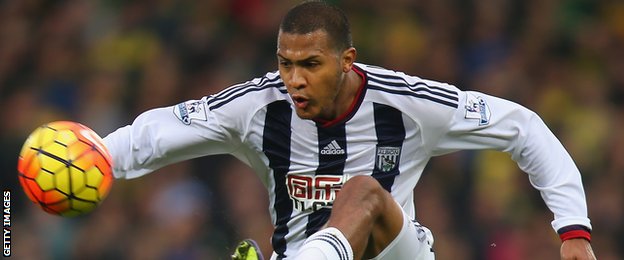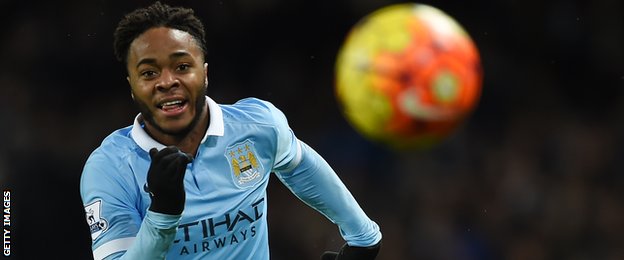Liverpool pay £14.3m in agents’ fees to remain top of Premier League table
• Manchester United second in table at £13.8m, with Manchester City third
• Premier League clubs paid out £130m in total - an increase of £15m
From the Guardian
Jamie Jackson
Monday 30 November 2015 11.38 EST

Christian Benteke was Liverpool’s big signing of the summer at £32.5m from Aston Villa.
Arsenal spent £7.6m more on agent fees in this year’s two transfer windows than they had done in 2014, with Manchester United’s outlay also rising nearly £6m during the same period.
Arsenal’s £11.9m and United’s £13.9m spend for the January and summer windows of 2015 contributed to the total of £129.9m paid out by the 20 Premier League clubs. This was an increase of nearly £15m from the total that went to player representatives in the January and summer windows of 2014.
In 2015, there were 172 incoming transfers and loans in the Premier League, 542 new or improved contracts, and 573 outgoing transfers and loans. This made a total of 1,287 transactions, each of which could have generated a payment to an agent, according to Premier League figures.
Arsenal’s increase in fees for 2015 came after only three additions to their squad – Gabriel Paulista, for £13.5m, and Krystian Bielik (£2.4m) in January, plus Petr Cech (£10m) in the summer.
The markedly lower £4.3m spent by Arsenal in the 2014 windows came despite the arrivals of Alexis Sánchez (£30m), Danny Welbeck (£16m), Calum Chambers (£16m), Mathieu Debuchy (£12m) and David Ospina (£3m) in summer of that year.
However, the rise 12 months later may be due to some agent fees being staggered across the length of an individual player’s contracts. When an incumbent player signs fresh terms with the club his representative can also again receive a fee.
And players leaving the club may also trigger the settling of a lump sum of monies owed to representatives. In July Lukas Podolski left Arsenal for Galatasaray for £1.8m.
United’s increase in spending was due to all of these factors as Louis van Gaal, bought five players in the summer (Sergio Romero arrived on a free transfer). Anthony Martial (£36m), Morgan Schneiderlin (£25m), Memphis Depay (£24m), Bastian Schweinsteiger (£13.5m), and Matteo Darmian (£12.7m) were acquired in the summer window.
United’s biggest sale was the £44.3m received in August from Paris Saint-Germain for Ángel di María, only one season into the five-year contract signed by the Argentinian. Javier Hernández (£7.3m), Jonny Evans (£6m), Nani (£4.25m), Robin van Persie (£3.84m), and Rafael Da Silva (£2.5m) also left the club.
There are also agent fees still being paid for the purchases of Marouane Fellaini (£27.5m) and Juan Mata (£37.1m) under David Moyes in summer 2013 and January 2014, respectively.
Liverpool’s £14.3m spend was the highest in the two windows of this year ahead of United’s, and Manchester City’s £12.4m, though this latter sum was lower than the £12.8m paid to agents by Sheikh Mansour’s club in 2014.
In the summer Brendan Rodgers, then the Liverpool manager, bought Christian Benteke (£32.5m), Roberto Firmino (£29m), Nathaniel Clyne (£12.5m), and Joe Gomez (£3.5m) for the Anfield club. Tottenham nearly halved their expenditure on agents’ fees, down £5m from 2014.
Promoted Watford paid £1.6m to agents in the summer. José Manuel Jurado (£6m), Etienne Capoue (£5.7m), Steven Berghuis (£4.6m), Valon Behrami (£2.5m), José Holebas (£1.8m) and Juanfran (£1m) were signed by the top-flight newcomers.
The total spent on agent fees by the 24 Championship clubs in 2015 was £26.1m, with £3.2m in League One and £1m in League Two the outlay in these divisions.
The biggest payers of agent fees in the Championship were Cardiff City (£2.8m), Fulham (£2.7m), QPR and Reading (both £2.3m). Bury, of League One, and the League Two club Accrington Stanley made no payments to any agent.
For more information (than you would get in a Red Astaire article)
http://www.theguardian.com/football/2015/nov/30/liverpool-agents-premier-league
• Manchester United second in table at £13.8m, with Manchester City third
• Premier League clubs paid out £130m in total - an increase of £15m
From the Guardian
Jamie Jackson
Monday 30 November 2015 11.38 EST

Christian Benteke was Liverpool’s big signing of the summer at £32.5m from Aston Villa.
Arsenal spent £7.6m more on agent fees in this year’s two transfer windows than they had done in 2014, with Manchester United’s outlay also rising nearly £6m during the same period.
Arsenal’s £11.9m and United’s £13.9m spend for the January and summer windows of 2015 contributed to the total of £129.9m paid out by the 20 Premier League clubs. This was an increase of nearly £15m from the total that went to player representatives in the January and summer windows of 2014.
In 2015, there were 172 incoming transfers and loans in the Premier League, 542 new or improved contracts, and 573 outgoing transfers and loans. This made a total of 1,287 transactions, each of which could have generated a payment to an agent, according to Premier League figures.
Arsenal’s increase in fees for 2015 came after only three additions to their squad – Gabriel Paulista, for £13.5m, and Krystian Bielik (£2.4m) in January, plus Petr Cech (£10m) in the summer.
The markedly lower £4.3m spent by Arsenal in the 2014 windows came despite the arrivals of Alexis Sánchez (£30m), Danny Welbeck (£16m), Calum Chambers (£16m), Mathieu Debuchy (£12m) and David Ospina (£3m) in summer of that year.
However, the rise 12 months later may be due to some agent fees being staggered across the length of an individual player’s contracts. When an incumbent player signs fresh terms with the club his representative can also again receive a fee.
And players leaving the club may also trigger the settling of a lump sum of monies owed to representatives. In July Lukas Podolski left Arsenal for Galatasaray for £1.8m.
United’s increase in spending was due to all of these factors as Louis van Gaal, bought five players in the summer (Sergio Romero arrived on a free transfer). Anthony Martial (£36m), Morgan Schneiderlin (£25m), Memphis Depay (£24m), Bastian Schweinsteiger (£13.5m), and Matteo Darmian (£12.7m) were acquired in the summer window.
United’s biggest sale was the £44.3m received in August from Paris Saint-Germain for Ángel di María, only one season into the five-year contract signed by the Argentinian. Javier Hernández (£7.3m), Jonny Evans (£6m), Nani (£4.25m), Robin van Persie (£3.84m), and Rafael Da Silva (£2.5m) also left the club.
There are also agent fees still being paid for the purchases of Marouane Fellaini (£27.5m) and Juan Mata (£37.1m) under David Moyes in summer 2013 and January 2014, respectively.
Liverpool’s £14.3m spend was the highest in the two windows of this year ahead of United’s, and Manchester City’s £12.4m, though this latter sum was lower than the £12.8m paid to agents by Sheikh Mansour’s club in 2014.
In the summer Brendan Rodgers, then the Liverpool manager, bought Christian Benteke (£32.5m), Roberto Firmino (£29m), Nathaniel Clyne (£12.5m), and Joe Gomez (£3.5m) for the Anfield club. Tottenham nearly halved their expenditure on agents’ fees, down £5m from 2014.
Promoted Watford paid £1.6m to agents in the summer. José Manuel Jurado (£6m), Etienne Capoue (£5.7m), Steven Berghuis (£4.6m), Valon Behrami (£2.5m), José Holebas (£1.8m) and Juanfran (£1m) were signed by the top-flight newcomers.
The total spent on agent fees by the 24 Championship clubs in 2015 was £26.1m, with £3.2m in League One and £1m in League Two the outlay in these divisions.
The biggest payers of agent fees in the Championship were Cardiff City (£2.8m), Fulham (£2.7m), QPR and Reading (both £2.3m). Bury, of League One, and the League Two club Accrington Stanley made no payments to any agent.
For more information (than you would get in a Red Astaire article)
http://www.theguardian.com/football/2015/nov/30/liverpool-agents-premier-league
Last edited:



